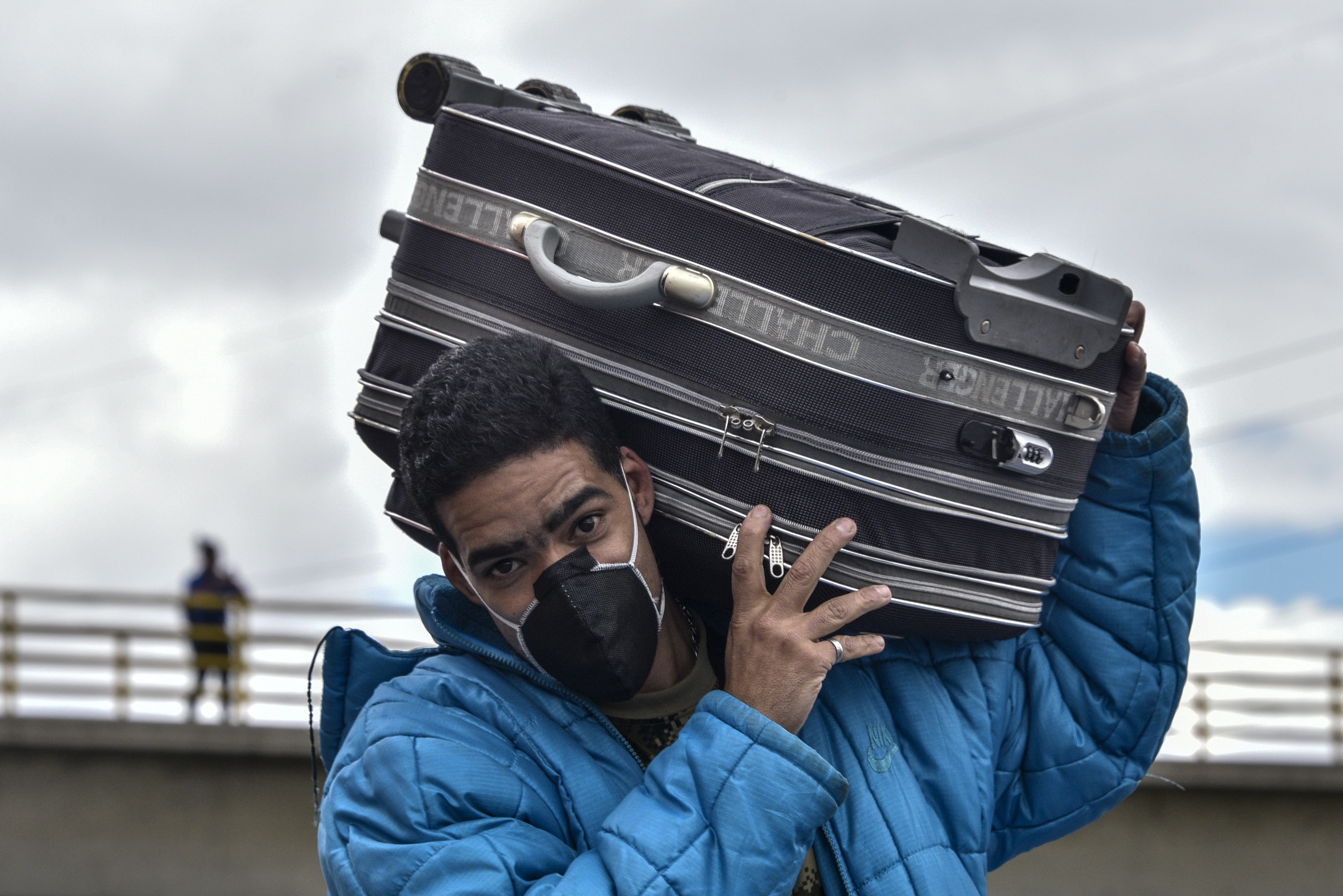More than 60 countries have promised emergency funds for millions of refugees seeking to return home after leaving their Venezuela amid an oil crisis and economic collapse over the last several years. In total, they’ve pledged $3.4 billion to address healthcare and other basic needs that Venezuelan immigrants lack as they settle back into the struggling country they left behind.
Thousands of people left Venezuela in 2016 when an economic recession started. They then moved into neighboring countries like Peru, Colombia, Panama and Chile. The coronavirus pandemic swept the world just as many of them had started to make a new life. Many businesses shut down and left refugees reeling with no sources of income.
Some have decided to return home—an effort that will not be easy given the difficult conditions in Venezuela, many of which could result in the further spread of the virus. As NBC Latino reports, experts have warned that low-income neighborhoods are often crowded and hospitals and homes lack water. The Human Rights Watch said that Venezuela’s health care system is “grossly unprepared” to fight the virus since there are wide shortages of medications and other supplies.
“The plight of Venezuelan refugees and migrants has worsened even further,” Filippo Grandi, the U.N. high commissioner for refugees, said during a virtual conference. “The impact of COVID-19 is dramatic for countries across Latin America and the Caribbean and has pushed the Venezuelans living there into a spiral of poverty and despair.”
Venezuelan refugees have grappled with tough environments wherever they’ve gone. In Bogota, small-scale efforts to feed vulnerable communities often served Venezuelan immigrants living in tight shelters or on the streets. Many had jobs as local vendors selling flowers or souvenirs, but as their work has dried up and many have had to make the difficult decision of going back, putting their hope into humanitarian efforts.
“The response to COVID-19 should not jeopardize the ongoing humanitarian response,” Caritas Europa Humanitarian Director Silvia Sinibaldi said, according to Reuters. “The combination of the two crises exacerbates the existing vulnerabilities of Venezuelan migrants and refugees.”
